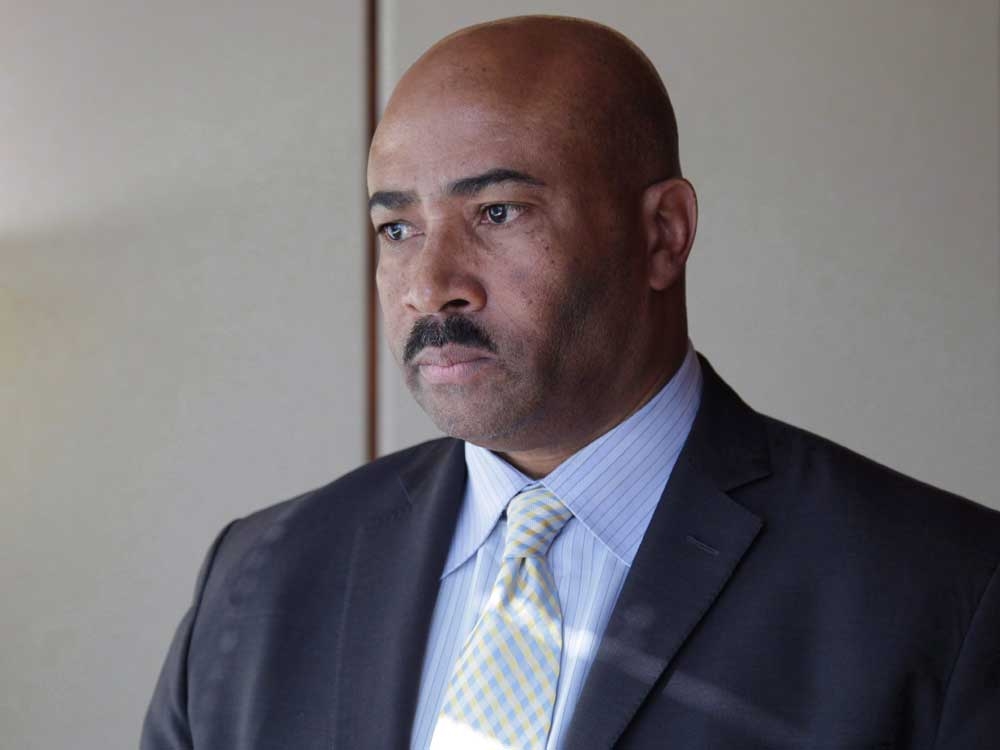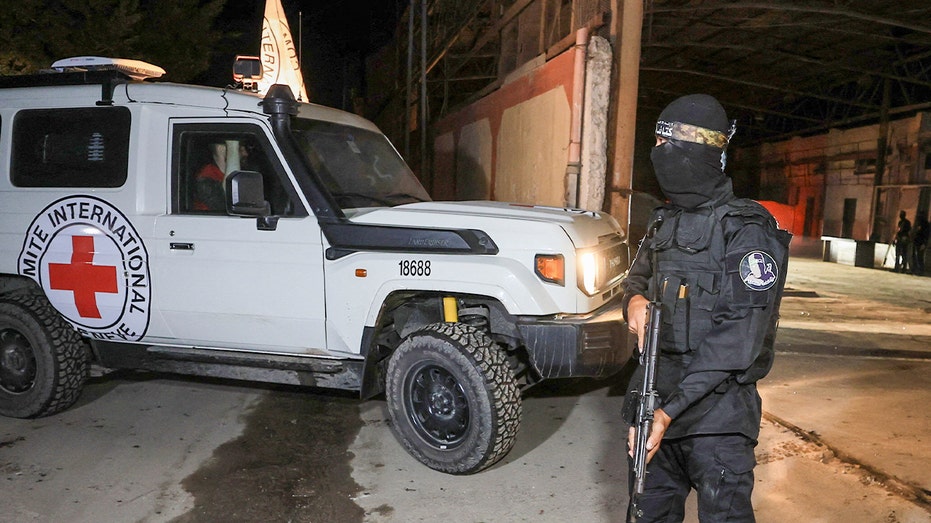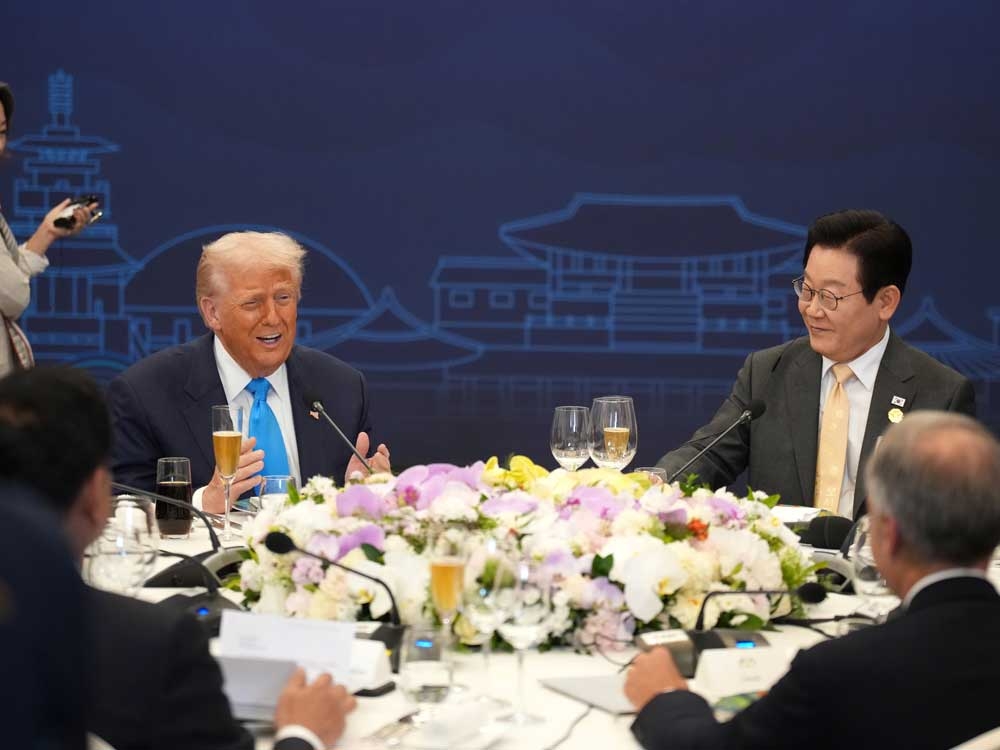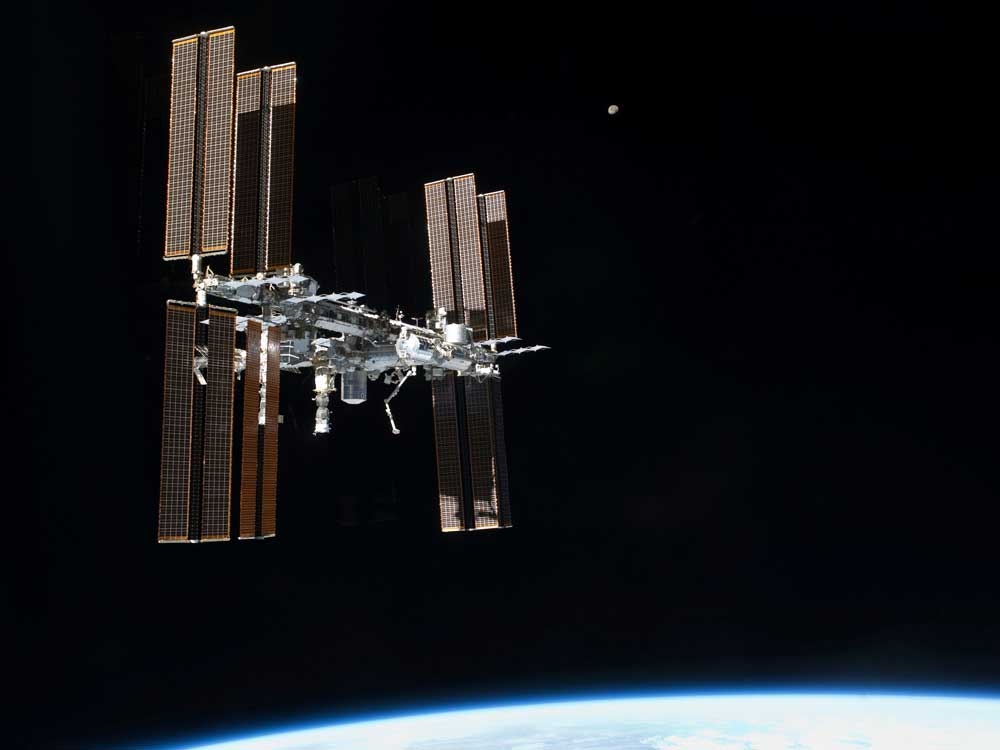A seismic shift rippled through global security as former President Trump suggested the United States might shatter a three-decade silence and resume nuclear weapons testing. The announcement, delivered via social media just before a meeting with China’s leader, hinted at a dramatic recalibration of American policy, echoing the anxieties of a bygone Cold War era.
The Kremlin swiftly responded, reminding the world of the existing global ban on nuclear tests. However, spokesperson Dmitry Peskov delivered a stark warning: should any nation break the moratorium, Russia would mirror the action, setting the stage for a potentially dangerous escalation.
While no immediate detonations were indicated, Trump’s words lacked specifics, fueling speculation about the scope and intent of this potential policy change. The U.S. military routinely tests missile systems capable of carrying nuclear warheads, but the actual detonation of a weapon hasn’t occurred since 1992.
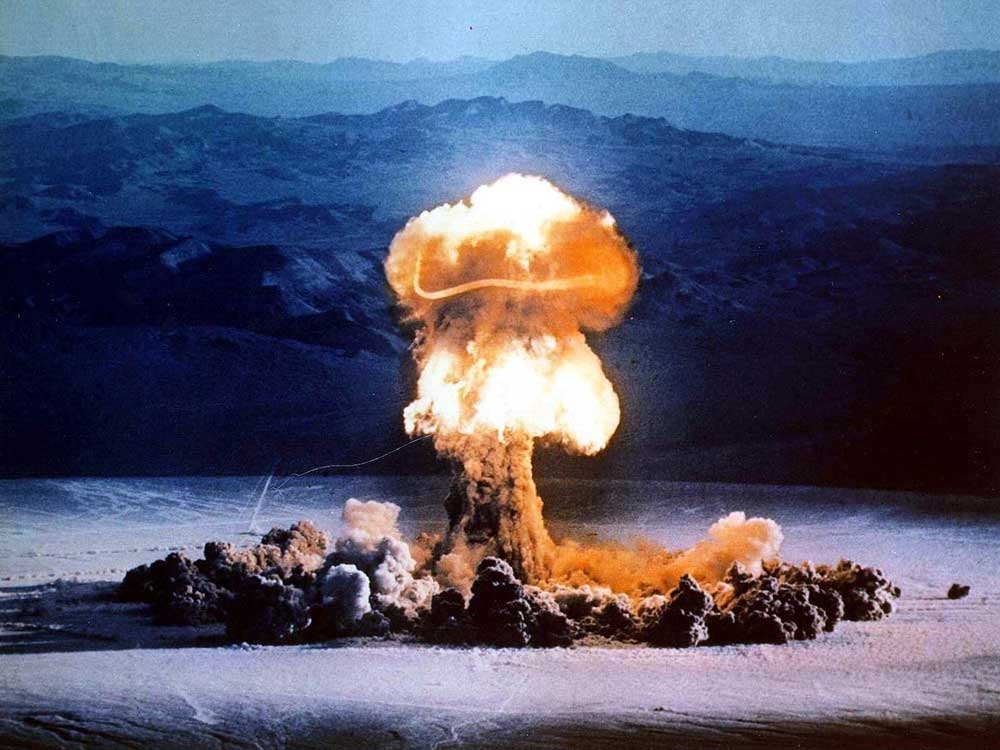
The Comprehensive Nuclear Test Ban Treaty, signed by the U.S. but never ratified by the Senate, has been largely observed by all nuclear powers – with North Korea as the notable exception. Trump framed his suggestion as a necessary response to perceived weapons testing by other nations, though the specifics of those programs remained unclear.
“Because of other countries testing programs, I have instructed the Department of War to start testing our Nuclear Weapons on an equal basis,” the post declared, igniting a flurry of concern and analysis. The directive, he stated, would be implemented “immediately.”
Moscow reinforced its position, with Peskov reiterating President Putin’s earlier statement: Russia would respond in kind if the testing moratorium were abandoned. This reciprocal threat underscored the precariousness of the situation and the potential for a rapid unraveling of decades-long arms control efforts.
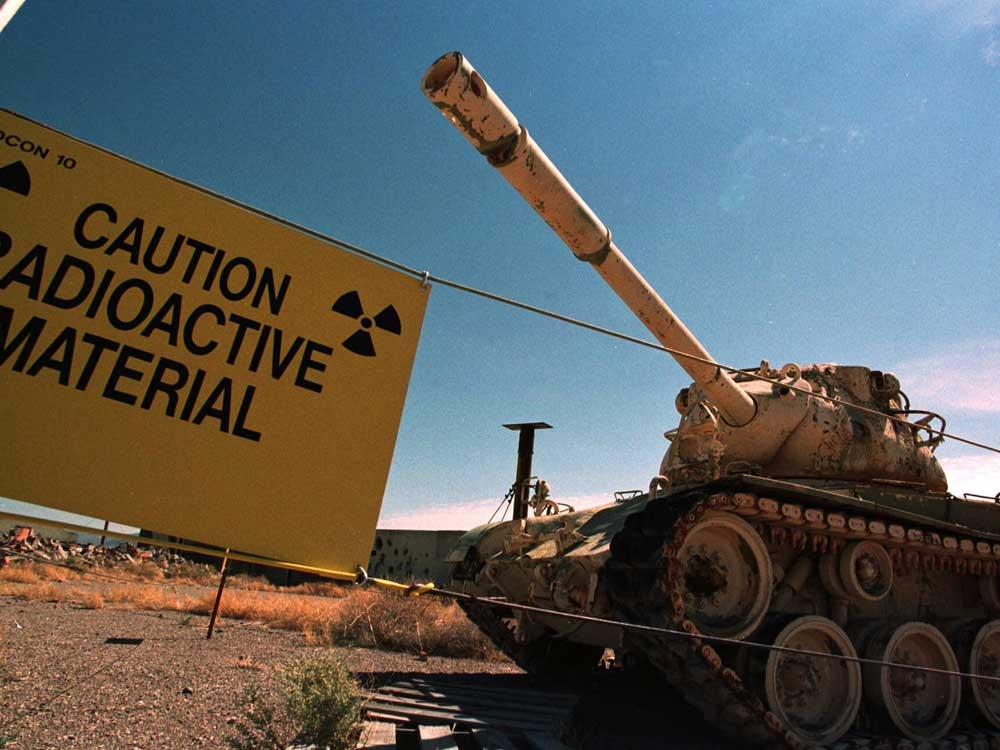
The White House initially remained silent, offering no immediate clarification. During a face-to-face meeting with Xi Jinping, Trump deflected a reporter’s question about his announcement, focusing instead on trade discussions. Later, he appeared to conflate missile testing with the detonation of warheads themselves.
“We have more nuclear weapons than anybody,” Trump asserted, adding, “We don’t do testing.” Yet, he continued, “I see them testing and I say, well, if they’re going to test, I guess we have to test.” The location for any potential tests remained unspecified, though Trump mentioned existing “test sites.”
Meanwhile, Russia had recently announced successful tests of a new atomic-powered underwater drone and a nuclear-powered cruise missile. However, Kremlin officials were quick to emphasize that these tests did not violate the ban on nuclear warhead detonations, distinguishing them from the kind of testing Trump appeared to contemplate.
Trump alluded to the nuclear capabilities of Russia and China, stating Russia held the second-largest stockpile and China was rapidly closing the gap. This framing further fueled the narrative of a competitive arms race and the need for the U.S. to maintain its perceived dominance.
Earlier in the year, Russia revoked its ratification of the global nuclear test ban, citing the need for parity with the United States. This move, coupled with Trump’s announcement, signaled a dangerous trend toward the erosion of international arms control agreements.
Despite the escalation in rhetoric, Trump expressed a desire for “denuclearization and de-escalation,” even stating that discussions with Russia on these topics were underway, though details were scarce. This apparent contradiction added another layer of complexity to the unfolding situation.
Arms control advocates reacted with alarm, criticizing Trump’s announcement as misinformed and reckless. Experts warned that resuming nuclear testing could trigger a chain reaction, prompting other nations to follow suit and potentially dismantling the nuclear Nonproliferation Treaty.
The announcement resonated deeply with survivors of the atomic bombings of Hiroshima and Nagasaki, who condemned the prospect of renewed nuclear testing as a betrayal of efforts toward a peaceful, nuclear-free world. Their voices served as a poignant reminder of the devastating consequences of nuclear weapons.


